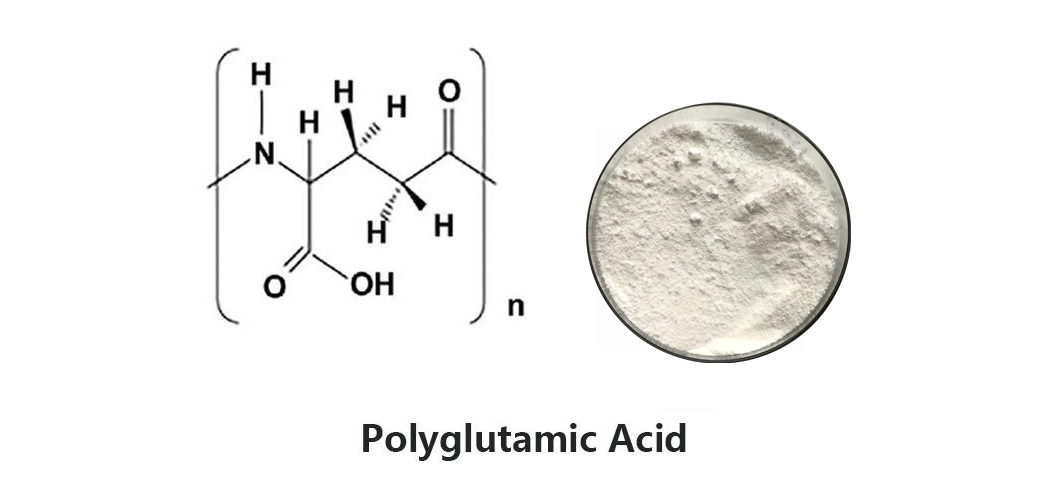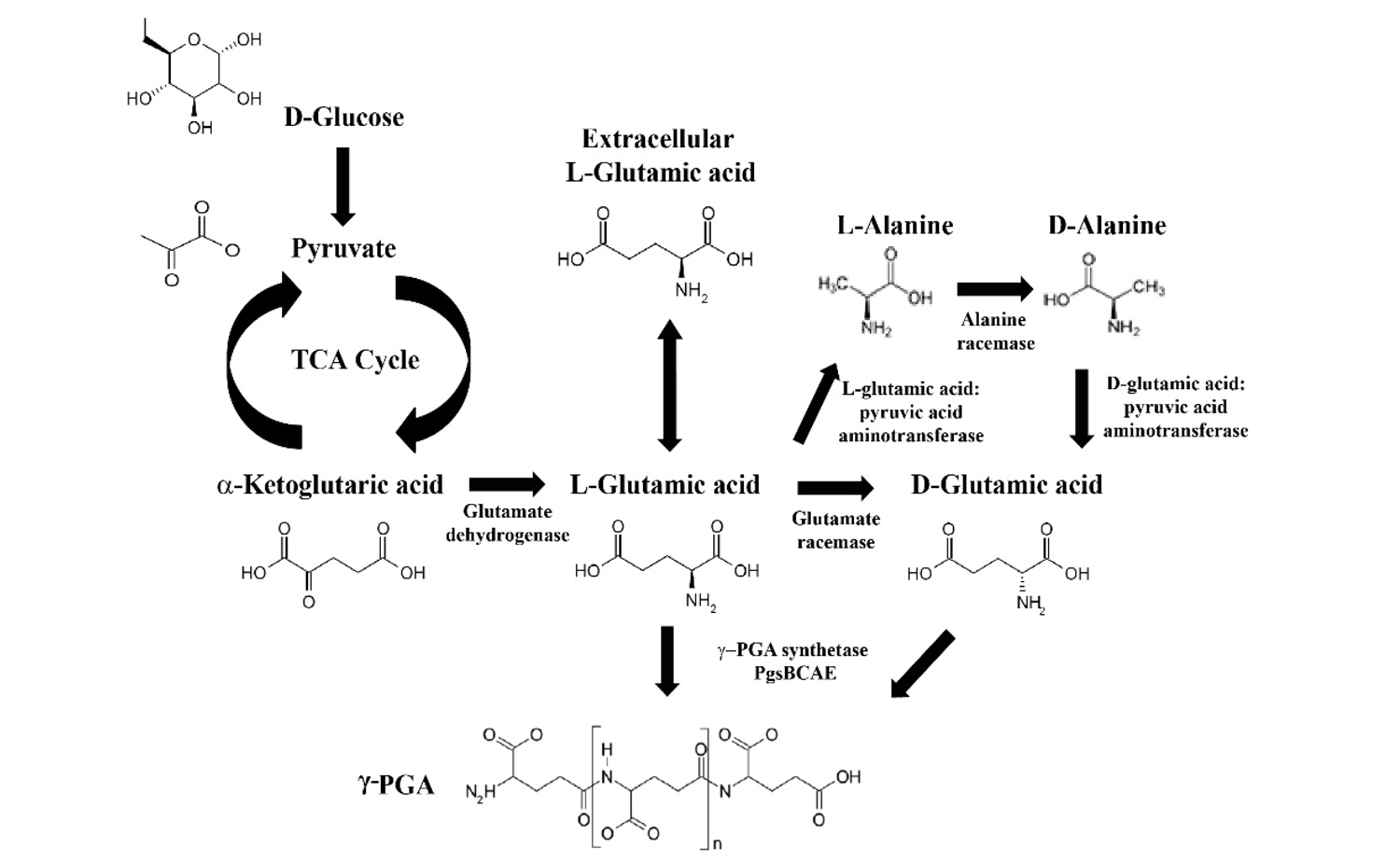Polyglutamic acid (PGA) is a naturally occurring polymer of glutamic acid, often used in various cosmetic and skincare products due to its moisturizing and skin-enhancing properties. It is also studied for its potential therapeutic benefits, such as in drug delivery and wound healing. However, like any substance, Polyglutamic acid may have some adverse effects, especially if used inappropriately or if an individual has sensitivities to it.
Adverse Effects of Polyglutamic Acid:
1.Skin Irritation or Allergic Reaction:
In some people, polyglutamic acid can cause skin irritation or allergic reactions, leading to redness, itching, or a rash. This is generally rare but can happen, especially for those with sensitive skin.
2.Contact Dermatitis:
Prolonged use or use of products with high concentrations of polyglutamic acid can sometimes lead to contact dermatitis, a condition marked by inflammation and irritation of the skin.

3.Breakouts or Acne:
Although Polyglutamic acid is often considered non-comedogenic, some individuals may experience breakouts or clogged pores, especially if they have oily or acne-prone skin.
4.Dryness or Tightness:
In certain formulations, polyglutamic acid might interact with other ingredients and lead to excessive dryness or a feeling of tightness on the skin, though this is less common than other side effects.
5.Interactions with Other Active Ingredients:
While Polyglutamic acid is generally well-tolerated, it may cause interactions when used alongside other potent active ingredients like retinoids, acids (like AHAs or BHAs), or vitamin C, possibly increasing irritation or sensitivity.
6.Gastrointestinal Issues (when ingested):
In some medical uses (such as in drug formulations), polyglutamic acid might cause mild gastrointestinal discomfort, including bloating or nausea. However, these effects are rare and generally occur with higher dosages or when the compound is ingested rather than applied topically.

Considerations:
- Patch Test: As with any skincare product, it’s a good idea to perform a patch test before using polyglutamic acid extensively to ensure you don’t have an adverse reaction.
- Consultation with a Dermatologist: If you have pre-existing skin conditions (like eczema, rosacea, or psoriasis), it’s advisable to consult a dermatologist before using products containing polyglutamic acid.
Generally, polyglutamic acid is considered safe and beneficial for most people, especially for its hydrating and anti-aging properties. However, individuals with sensitive skin should always proceed with caution.
